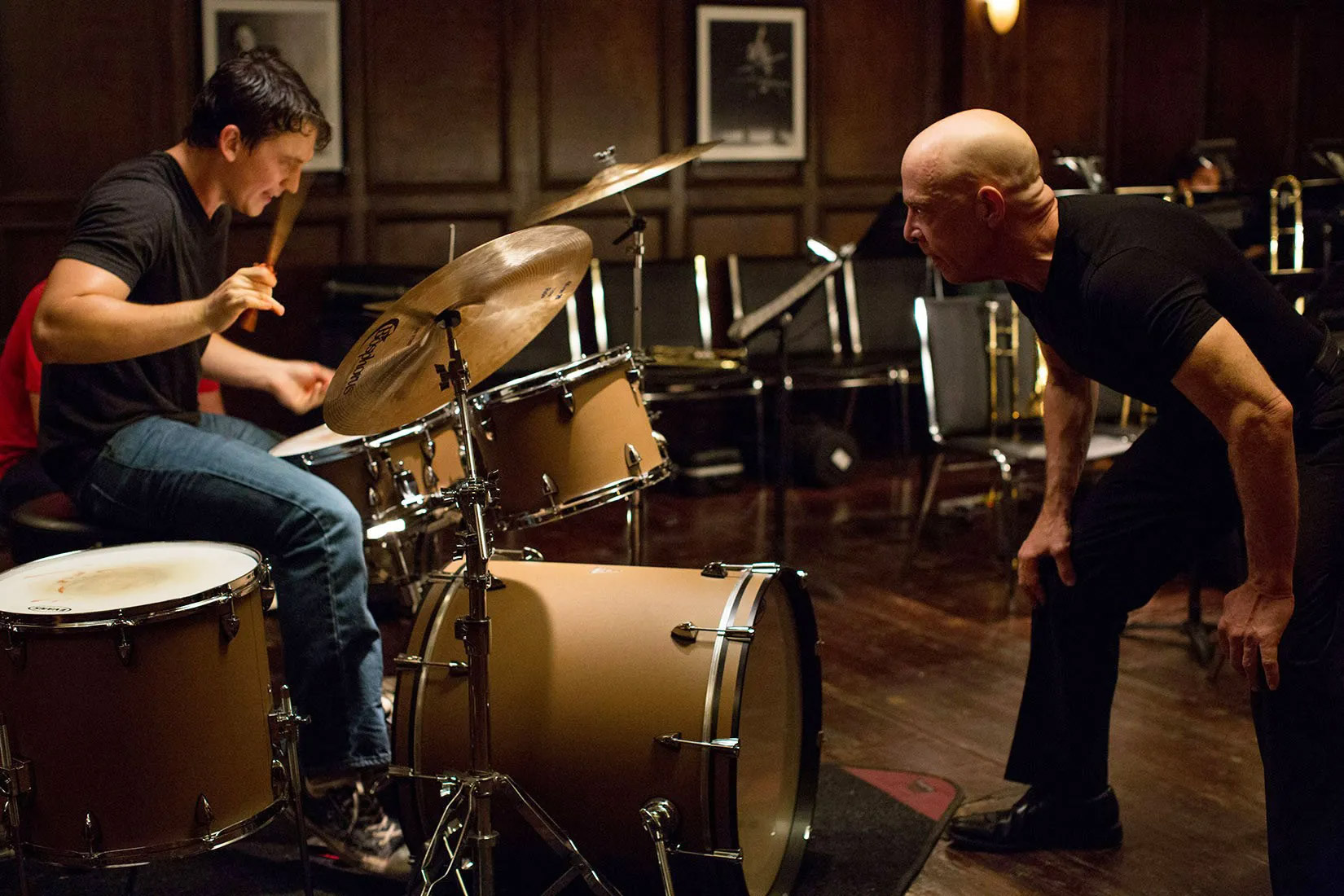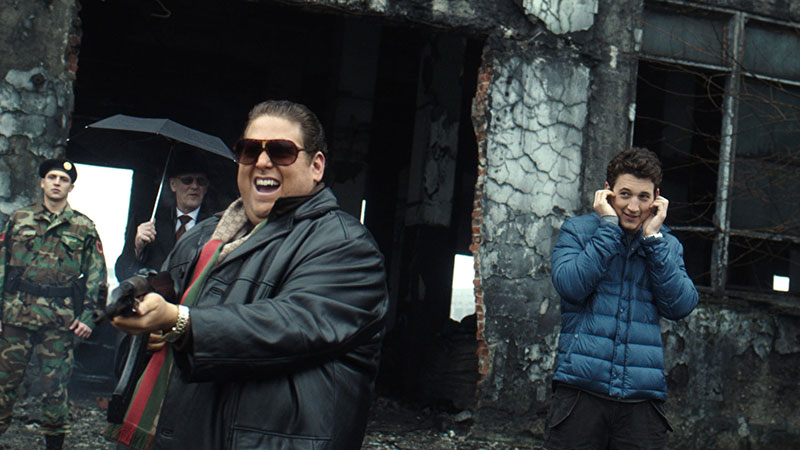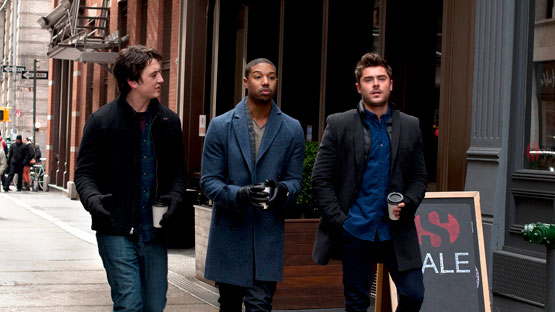From time-to-time, the world of cinema graces us with a picture that transcends the expectations of its genre. Whiplash (2014), directed by Damien Chazelle, is one such film. It offers a fascinatingly intense exploration of ambition, the cost of greatness, and the dark side of music. Whiplash is not just a film about music; it is a gripping psychological drama that keeps the audience on the edge of their seats through its dynamic performances, a sharp script, and relentlessly paced editing.
The plot revolves around Andrew Neiman (Miles Teller), a young jazz drummer who attends one of the top music schools in the country. His ambition to achieve greatness brings him into contact with Terence Fletcher (J.K. Simmons), a brilliant but ruthless music conductor. As the narrative unfolds, it appears less a story about the glamor associated with music and more an exploration of the sacrifices that one makes to perfect their craft.
The film manages to create gripping tension, opting for a more visceral and white-knuckle exploration of music. Enhanced by Tom Cross’s percussive editing and evocative soundscape by Ben Wilkins, the atmosphere created in Whiplash is one of claustrophobic intensity. Much like the challenging musical pieces featured in the film, the narrative is relentless and rapidly paced, often leaving you breathless as it builds towards its rapturous climax.
Front and centre of the film are the electrifying performances by its two leads. Miles Teller’s transformative portrayal of Andrew is commendable, as he navigates the gruelling demands of his craft with a ferocious intensity which is both harrowing and exhilarating. His passion and undying dedication to his craft are palpable, and the film does not shy away from showing the literal blood, sweat, and tears he sheds in his pursuit of perfection.
However, the highlight of Whiplash is undoubtedly J.K. Simmons’ masterful performance as Fletcher. Simmons breathes life into a character that is both terrifying and fascinating, presenting the audience with a new dimension of the stereotypical ‘mentor’ character in film. Fletcher’s brutal and often cruel methods push Andrew to his limits, testing his physical and mental strength as well as his sheer willpower. Simmons’ intense ebullience earned him numerous accolades, including the Academy Award for Best Supporting Actor.
The film’s power also derives from Damien Chazelle’s exquisite script. Whiplash is permeated by a sense of anxiety fueled by the ruthless pursuit of excellence. Chazelle’s narrative doesn’t waste time with extraneous details; instead, it hones in on the symbiotic, though often destructive, relationship between mentor and protege. Furthermore, his clever integration of jazz music into the narrative structure, allowing tension to ebb and flow like a complex piece of music, gives the film a unique rhythmic pulse.
Whiplash is more than a mere film; it is an experience that leads the viewer on a roller-coaster of emotions, from elation to sheer dread. By blurring the line between passion and obsession and questioning the price one has to pay for greatness, this film probes deep into the darker, raw side of music. It asks whether genius is born from talent alone, or if it is the result of ruthless determination and an unrelenting quest for perfection.
In conclusion, Whiplash will be remembered as a powerful piece of cinema that offers a fresh perspective on the complex relationship between a mentor and a student. Its compelling narrative, bolstered by turbo-charged performances, crackling dialogue, and a driving jazz soundtrack, leaves an indelible impact on the viewer. It’s a rhythmic, almost feverish, study of the lengths one will go to hone their craft, leaving behind an aura of obsession, madness, and the desire for perfection long after the credits roll. If cinema exists to make viewers feel, Whiplash is a resounding success: a symphony of tension and release that leaves audiences shocked, exhilarated, and deeply moved.



